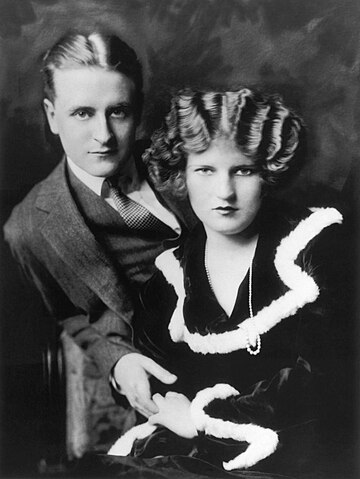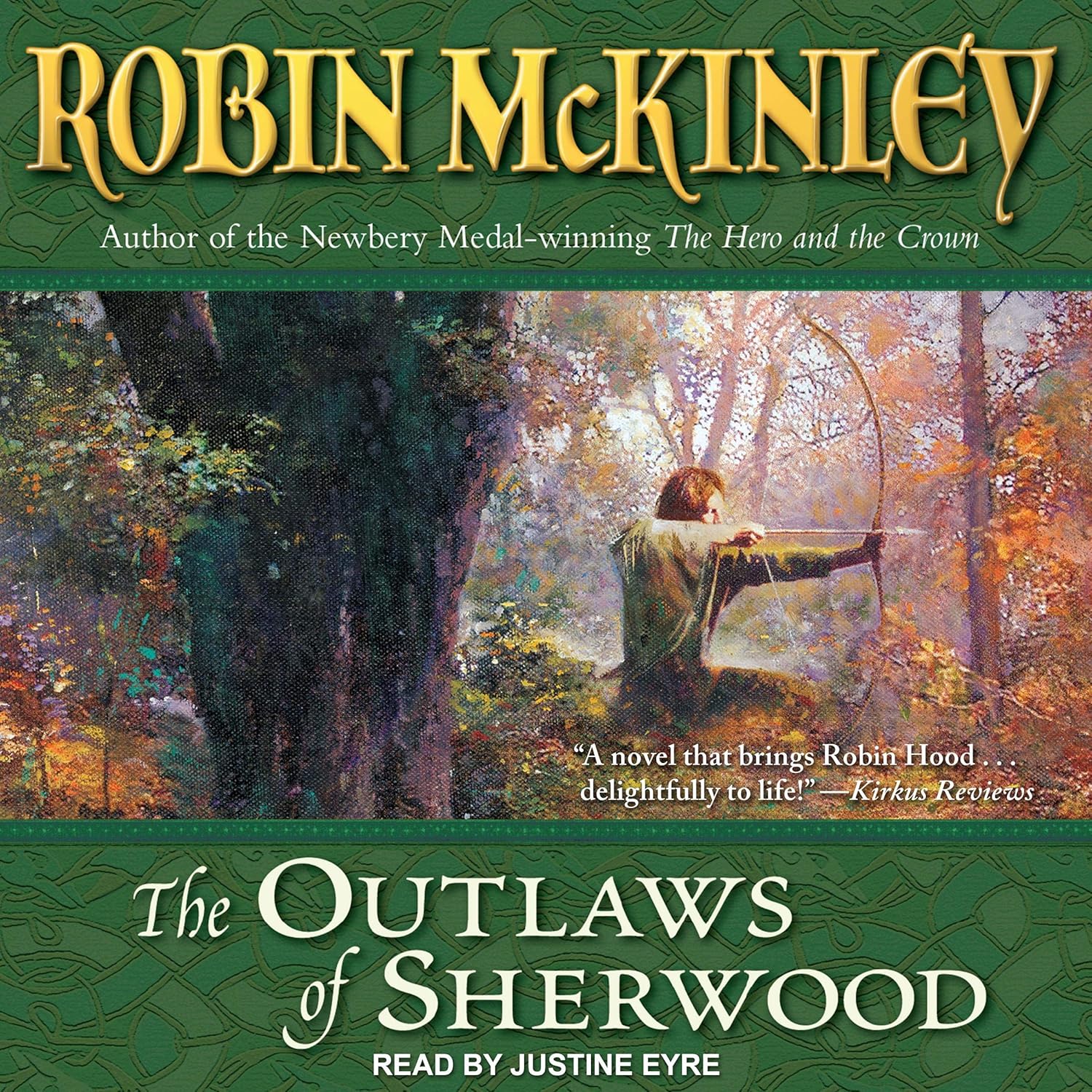Writing tips are useful only if you can use them. I know, that’s not very helpful, but neither is a lot of writing advice on the web. However, this post is going to offer you a few writing tips that will change your writing routine. I know this is true because each tip is actually tangible, practical advice that you can put to use each time you sit down to write.
Tip 1: Set a Schedule and Chunk It Out
The hardest part about writing is setting a schedule. It’s extremely difficult to sit down and just get to it, and there are many reasons for this. Very few of them have to do with loving or hating writing. It’s a motivation issue. We know we can get to it, but we just aren’t going to do it right now. Here’s a piece of advice: set a writing schedule. Writing is effective when it’s done in short bursts, which actually increases efficiency. Being alert and capable allows you to read with a clear head, edit precisely, and write with creativity and earnestness.
In practical application, this tip asks you to form a schedule for your writing project. If you are writing a novel, create a plan that involves you writing every day. Set the objective on the page with how much you are going to get done and what. Are you outlining? Did you start drafting a chapter? Are you writing character backgrounds?
Write it out over the course of a week, a month, or a year, but make sure it is clearly labeled and you know what your expectation is when you sit down. If you get done with a section early, don’t just ram yourself into the next section. Consider taking a day off. You are “chunking” your writing. That means breaking it down into digestible chunks instead of running headfirst into it miserably, expecting something to change. Additionally, you can use a host of apps to help you schedule and organize. PowerPoint and Google Slides, for instance, can help you map your novel and see it visually. Or, you could just use a good old sheet of paper and a pencil. Whatever works for you!
Here’s a tentative writing week setup with this idea in mind:
Five-Paragraph Essay: Argumentative
- First Day: Research and find sources
- Second Day: Draft 1/2 of the Essay
- Third Day: Draft 1/2 of the Essay
- Fourth Day: Revise for ideas and structure
- Fifth Day: Edit for syntax
- Sixth Day: Edit for grammar
- Seventh Day: Peer review and/or publish
Tip 2: Find a Place to Write That Works for You
A writer’s room doesn’t have to contain a million leather-bound books. Nor does it need to look fancy or have a giant walnut desk. It just needs to be a place where a writer can write. In fact, it doesn’t even have to be a room. As long as you have a comfortable place to write, that’s all that matters.
When looking for a place to write, get rid of the notion that you need writerly attire and thick-rimmed glasses. After all, you just need to sit down and get the work done. In bed? While you are sitting in your recliner? At the kitchen table with the radio on? If it works, it works. We need to find places that are conducive to writing, and we have to remember that this has nothing to do with the mythological idea of the writer persona. Separate yourself from the idea of being a writer and actually write.
Writing Tip 3: Use the Read Aloud Function
One often overlooked tool on most word processors is the “Read Aloud” function. Many authors and writers give the advice that you should read your text aloud to yourself to catch errors. My first writing teacher in college offered the same advice. This is because it actually works. Changing the modality in which you revise and edit can help you see things that you were unable to see before. It clears up missing conjunctions, misplaced modifiers, and missing punctuation real quick.
However, if you spend more time focused on your own voice than the errors, that could be a problem. As such, using the “Read Aloud” function on Microsoft Word (or any app, really) can be extremely helpful. Play the text and sit back and listen to what you have written. It’s very good at catching wonky sentences and missing words. Also, there are many apps like Microsoft Word that only execute a read-aloud function. Regardless, this writing tip may change how you approach editing overnight.
Tip 4: Use Templates and Mentor Texts
Whether you are writing fiction or informational works, you should consider using a template. What is a template? A template is a scaffold for a text that shows you the form and structure of a given piece. For instance, a template for an argumentative essay will have starter sentences for all five paragraphs and will show the layout of the essay. Run a web search for the keyword “Template” along with the type of essay, story, or text that you are working on at the moment. You will find immediate examples. Writing tips often employ vapid language about studying craft, but what does that mean? Here, that means studying a template to see the inner workings of a text. It may seem like cheating, but pushing to internalize structure is an age-old method of perfecting craft.
Moreover, one should consider using mentor texts to help guide them through the writing process. That is to say, if you are new to fiction, consider finding a story that fits the narrative you are trying to weave. Now, don’t steal the author’s words and story, but consider their layout, and investigate their moves. Very quickly, by paying attention to how they convey imagery and characteristics, you will be able to identify the text features that you need for your own work. Using mentor texts also helps in writing essays and informational works through the same process. Painters use images for reference, and you should use mentor texts for writing.
Tip 5: Write Trash
Admit to yourself that your draft is going to be terrible. There is no way around it. It is not going to be very good, because that’s what drafts are, after all. With that in mind, you need to sit down and start writing all of the trash that is on your mind. If you are writing an essay, just spit out all of the ideas as you move across the page. If you follow the writing process, schedule your writing, and identify a template, then you should be in a fine position to put garbage all over the page. Your job is to produce ideas and put thoughts into text. You can’t do it perfectly the first time, so sit down and get the work done, so that you can come back through and revise and edit.
Furthermore, writing is recursive, therefore you can come back to it when you want. That means you can clean it up when you want as well. Do not sit down and expect to spin gold—it will never happen. You must embrace writing trash in order to overcome those immediate deficits with writing—procrastination, imposter syndrome, anxiety, etc. In this way, writing trash will get you to the good stuff, which is revealed through revision and editing.
Conclusion
A good writer does what they have to do to get the writing done. This involves sitting down regularly and pumping out words, texts, stories, and whatever else crosses their brain. Writers also utilize all of the resources afforded to them and are not above any process until they have at least tried it once. Similarly, writers do not have to be in fancy rooms spinning gold. They just have to sit down and write it out, which can be done anywhere that is comfortable for them.
Simply put, a true writer is somebody who writes. They are not worried about whether they are considered a writer or not, whether they look like a writer, or whether they actually ever get to it or not. A true writer hones their skills and perfects their craft by any means necessary, and practical tips always help.
Discover more from The Writing Post
Subscribe to get the latest posts sent to your email.



